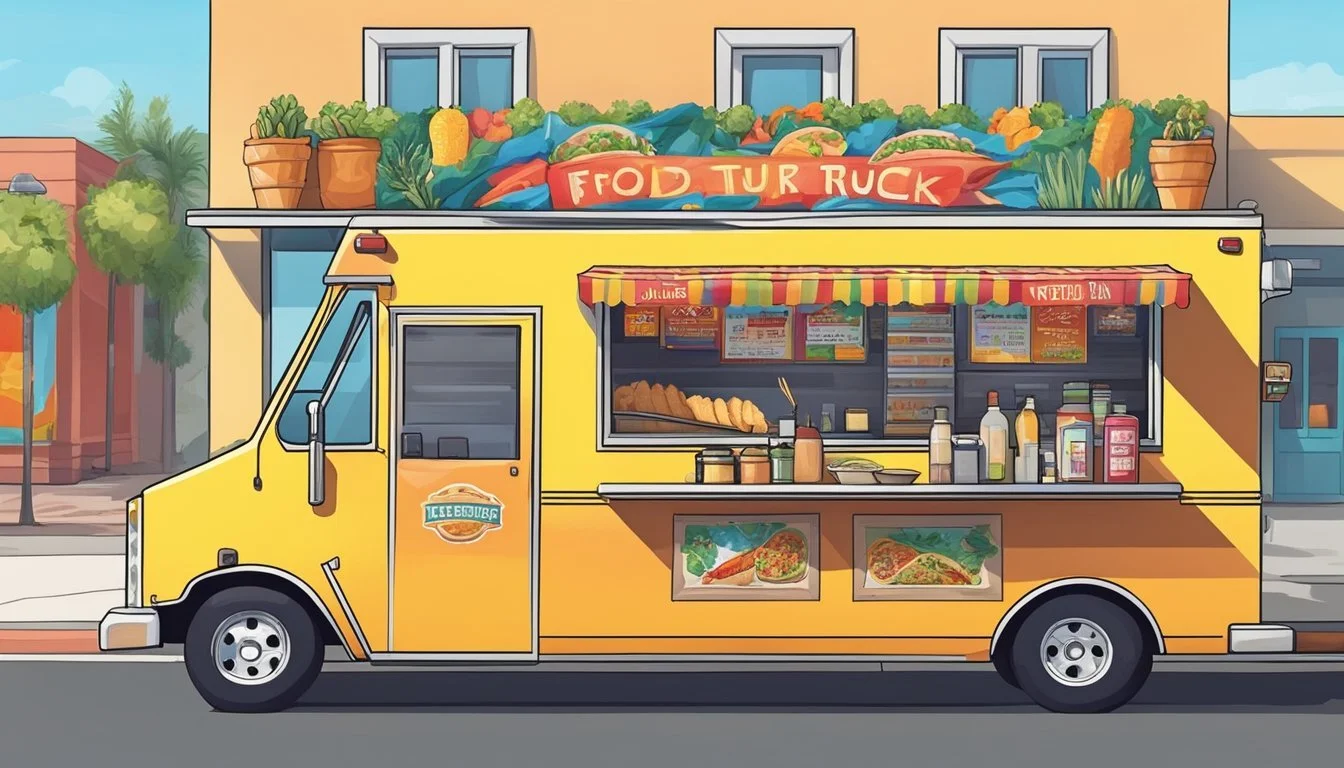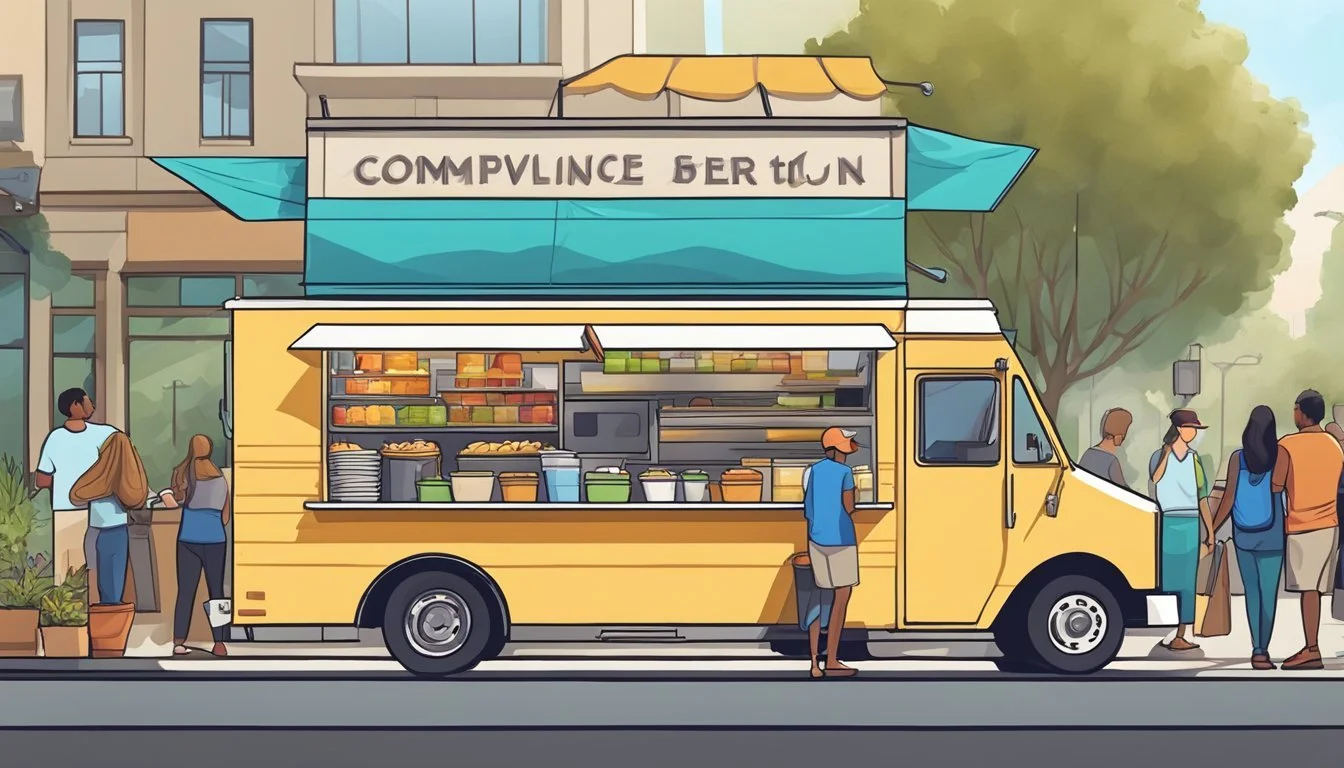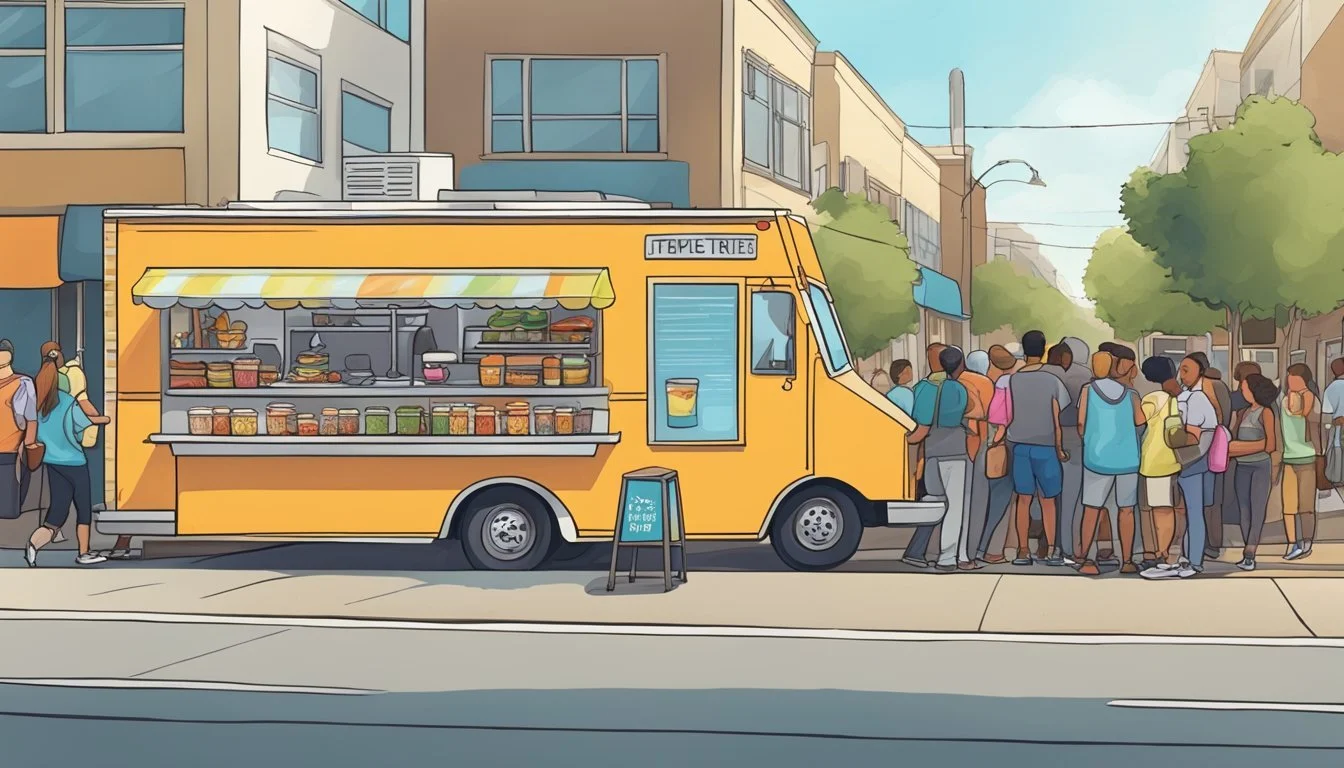Food Truck Laws Irvine, California
Your Essential Guide to Compliance
Navigating the legal landscape for food trucks in Irvine, California, is an essential step for any mobile food vendor looking to operate in the area. The city's vibrant street food scene is subject to a suite of regulations designed to ensure public health and safety while fostering a competitive business environment. Mobile food vendors are required to comply with both local ordinances and state laws, which cover a wide range of considerations from food handling permits to parking restrictions.
One of the fundamental requirements for operating a food truck in Irvine involves acquiring the necessary permits and licenses. This process typically includes obtaining a health permit from the Orange County Health Care Agency, demonstrating adherence to strict food safety standards. Vendors must also stay informed about Irvine-specific regulations that govern where and when they can sell their food, as well as the types of food that are permitted to be sold. Compliance with these laws is not only a matter of legality but also a crucial aspect of maintaining the trust and safety of customers.
Operators of food trucks should additionally be aware of the business aspects dictated by law, such as insurance requirements and sales tax collection. Irvine's food truck laws are designed to maintain a level playing field where food safety, customer experience, and fair business practices are all given due importance. By understanding and adhering to these regulations, food truck owners can carve out a successful niche within Irvine's dynamic food scene.
Understanding Food Truck Regulations in Irvine
In Irvine, California, food truck operators must navigate a network of regulations to ensure they adhere to all legal and safety standards. This comprehensive guide outlines the necessary steps for food truck businesses to remain compliant within the city's jurisdiction.
Local Health Department and Food Safety
The Orange County Health Care Agency is the primary entity overseeing food safety for food trucks operating in Irvine. Operators must obtain a health permit to ensure adherence to the California Retail Food Code. This involves inspections by the Environmental Health Division to guarantee proper food handling and sanitation practices are in place, such as correct equipment for cooking and storage.
Business Licensing and Permits
Securing a business license is a crucial step for running a food truck in Irvine. The city requires food trucks to have a Mobile Food Facility Permit along with additional licenses and permits that may include a commissary permit, indicating where the truck will be serviced and stored. Resources such as CalGold provide assistance in identifying the necessary permits for operation.
Compliance with State and Federal Laws
Food truck operators must remain compliant with not just local but also state and federal regulations. This requires registration with the California Department of Tax and Fee Administration for a seller's permit, and adherence to the IRS guidelines on reporting wages. The California Department of Public Health monitors public health and safety standards, issuing a public health permit to qualifying mobile food facilities.
Operational Requirements for Food Trucks
Irvine has specific operational requirements for food trucks. These regulations encompass everything from parking restrictions and hours of operation to maintenance and insurance requirements. Each vehicle is considered a mobile food facility and must meet Irvine's standards for safety and mobility. Compliance is monitored by various government agencies to ensure public welfare and fair business practices.
Starting and Operating a Food Truck Business
Launching and managing a food truck enterprise in Irvine requires careful planning, adherence to licensing regulations, and strategic operational management.
Business Planning and Research
Successful food truck businesses begin with a robust business plan that outlines the concept, market research, and demographic analysis. This plan should include an in-depth look at local competition and potential customer bases. A well-researched business plan serves as a blueprint for the venture, highlighting the unique selling proposition of the menu and operation.
Obtaining Food Truck Business Licenses
Acquiring the necessary licenses and permits is a pivotal step for a food truck business. Owners must secure a business license, an employer identification number (EIN), and often a commercial driver’s license if the vehicle requires it. Furthermore, it's mandatory to obtain a health department permit for food safety and a reseller permit if selling items subject to sales tax. Each document ensures compliance with state and local regulations, laying the groundwork for legal operation.
Food Truck Operations Management
The day-to-day management of food truck operations is complex, involving menu planning, employee scheduling, and determining optimal parking locations. Effective management requires attention to the constant flux of zoning laws and parking regulations specific to Irvine. Additionally, maintaining quality service and food, navigating Irvine's geographic and market conditions, and staying capable of adapting to changing customer preferences is vital for ongoing success.




